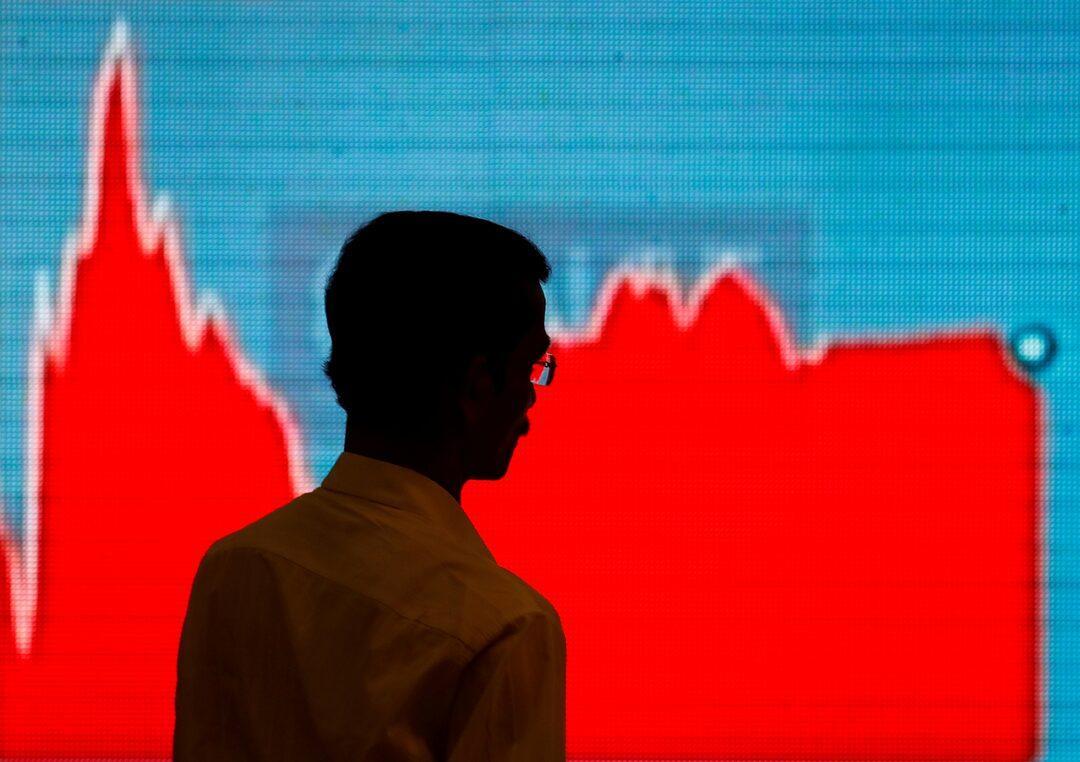The Indian stock market experienced a significant downturn, with the Nifty falling the most since the 2020 COVID-19 crash and the Sensex plummeting by 5,000 points. This sharp decline was influenced by a combination of global and domestic factors.
Globally, a major trigger was the U.S. Federal Reserve’s hawkish stance on interest rates due to rising inflation. Concerns over increasing rates led to a sell-off in risky assets worldwide, impacting markets across Asia, including India. Additionally, Fitch’s downgrade of the U.S. long-term debt rating and weak factory activity data from China and the eurozone further dampened investor sentiment.
Domestically, fears of recession, poor quarterly earnings from major companies, and upcoming financial policies added to the negative market sentiment. The intense sell-off resulted in a substantial loss of investor wealth, with the market capitalization dropping by approximately Rs 3.6 lakh crore.
Sector-wise, all major indices suffered, with Nifty Bank, Nifty Auto, Nifty Financial Services, and Nifty IT taking significant hits. The only sector that saw relatively smaller losses was Nifty FMCG.
This drastic market movement underscores the volatility and sensitivity of global financial markets to economic policies and geopolitical developments. Investors are advised to stay cautious and keep an eye on further developments.



